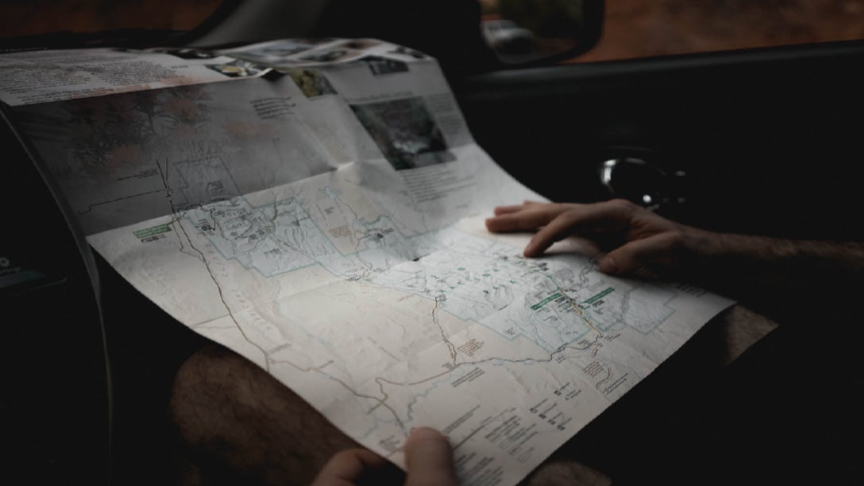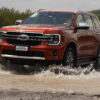A road trip always sounds appealing and fun. However, one needs to make sure that their car is prepared for such a long trip.
Conducting car checks before embarking on your journey is an essential part of the preparation process. Here are some of the most important checks you should conduct.
1. Have your brakes checked
Faulty brakes will endanger you and other drivers on the road. It is paramount that you check your brakes before a long trip to make sure they work properly.
Before taking your car to a mechanic, you can check your brake pads yourself by following simple steps. One of the signs that your brake pads are worn-out and need to be replaced is if they make a strange sound when you step on them.
That sound will either be a high-pitched noise or a “grinding noise”. The latter is a sign that the brake pads need to be replaced urgently before they catch fire.
2. Have your tires checked
You might need special tires if you are going on a road trip in a particularly mountainous or sandy area. Normal tires might not be enough to transport you safely on certain terrains or during certain weather conditions.
Therefore, if you are planning on exploring more difficult terrains, we recommend you change your tires to all-terrain tires.
Some vehicles tend to come with all-terrain tires such as light trucks, pickup trucks, SUVs, and campers.
Whatever tires you decide to opt for, we strongly recommend that you check their condition before travelling.
3. Have your car’s lights checked
Checking your car’s headlights and taillights before your trip will also keep you safe when driving. You can perform these checks yourself but might need to see a mechanic if you suspect that your lights are dying.
Signs that your headlights are faltering include dim headlights and flickering headlights.
4. Have your car’s battery checked
If your car’s battery dies during your road trip, you will find yourself stranded. You can check your car’s battery quickly and easily by using a car battery tester, a multimeter or voltmeter.
In addition to these different checks, make sure you have all the necessary equipment in case of an emergency.
That necessary equipment includes first-aid kits, an extra tire, water, some fuel in a reservoir, jumper cables, and windshield washer fluid.
Indeed, we recommend you keep an extra all-terrain tire in your car in case one of the tires is damaged.
You will not necessarily need a mechanic to replace your tire if you have the proper tools and some basic knowledge. You can acquire that knowledge by following a couple of simple steps, detailed in numerous online videos and articles.
Windshield washer fluid is also essential and will help you see the road clearly during your trip, especially if you are traveling through dusty or snowy landscapes.
Make sure to use windshield washer fluid and not water, which can turn to ice in cold environments and block your view of the road.
Even if you think you have everything ready and sorted for your trip, we recommend you take out insurance to cover you financially in case of an unexpected breakdown or accident.
A good insurance will protect in these situations and will help you pay for the necessary repairs.
You can also buy a tire warranty which will protect you financially if your tires are damaged during your road trip or if you find yourself needing roadside assistance.
For extra safety and peace of mind, we encourage you to keep a list of emergency numbers, as well as a list of local mechanics and garages.
In addition to that, we suggest you tell your relatives and/or friends your whereabouts throughout your entire journey.
If they know where you are, they will be able to help you if need be.
Once you have performed the safety checks on your car, have packed all the emergency equipment and have looked at insurance options, you can start your journey.
We hope these different tips and recommendations will make your road trip more enjoyable, carefree, and safe.















































































































